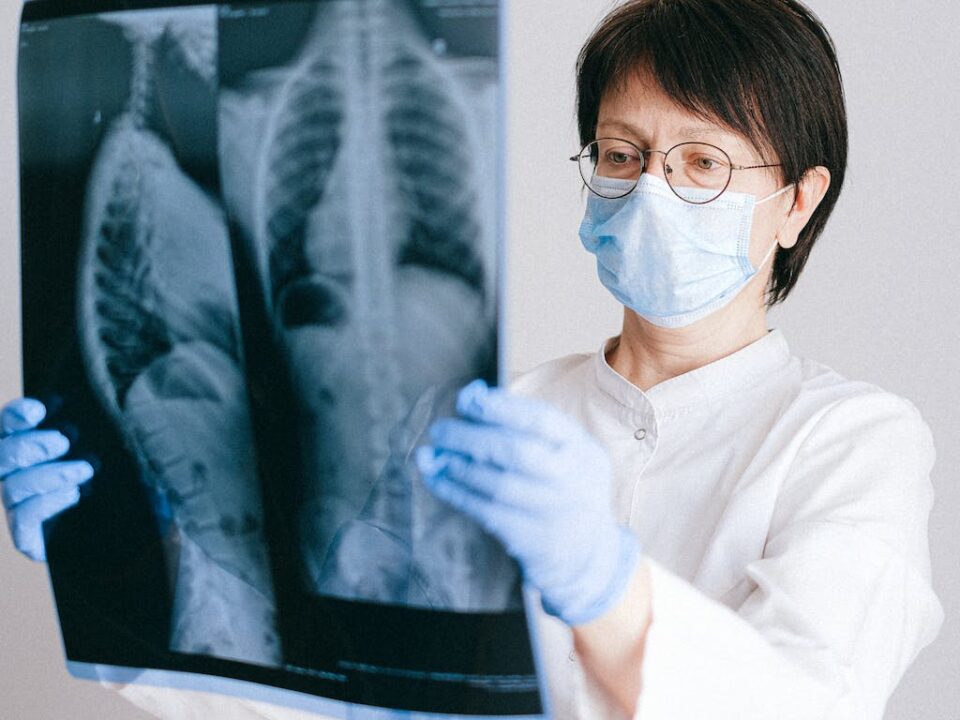Lung cancer is a serious disease that often develops quietly, showing symptoms only when it’s well advanced. As the second most common cancer worldwide, it’s vital to know the early signs. This guide highlights these key indicators, empowering individuals to recognize potential warning signs and seek medical help in time.
Early Signs of Lung Cancer
Persistent Cough
A persistent cough is one of the early warning signs of lung cancer. If a cough persists for more than a few weeks, especially if it worsens over time or is accompanied by blood, it is important to seek medical attention.
Shortness of Breath
Lung cancer can obstruct airways, leading to shortness of breath even with minimal physical exertion. Consult a healthcare professional if everyday activities become increasingly challenging due to breathlessness.
Chest Pain
Chest pain that is constant and unrelated to coughing or breathing could be indicative of lung cancer. However, it’s crucial to note that not all chest pain is associated with cancer, and various conditions can cause similar symptoms.
Unexplained Weight Loss
Rapid and unexpected weight loss is a common symptom of many cancers, including lung cancer. If an individual experiences a noticeable drop in weight without changes in diet or exercise, it’s a cause for concern and necessitates a medical evaluation.
Fatigue
Persistent fatigue that doesn’t improve with rest might be a sign of lung cancer. Cancer cells can demand a significant amount of the body’s energy, leading to excessive tiredness.
Respiratory Infections
Frequent respiratory infections like bronchitis or pneumonia may be linked to lung cancer. If infections become recurrent or fail to respond to standard treatments, it’s essential to investigate the possibility of an underlying cause.
Hoarseness
Hoarseness that persists for an extended period, especially if unrelated to a cold or flu, can be an early symptom of lung cancer. The cancer may affect the nerves controlling the vocal cords, leading to changes in voice quality.
Steps After Detecting Early Signs of Lung Cancer
Recognizing the symptoms of lung cancer is the first step toward early detection. Anyone experiencing these warning signs should take the following steps immediately:
Promptly book an appointment with a healthcare professional upon spotting early signs of lung cancer. Share all symptoms openly during the evaluation to aid in an accurate diagnosis.
Work closely with medical professionals to determine the most appropriate treatment plan after getting the diagnosis.
Reach out to friends, family, or support groups for emotional support during the challenging time of dealing with a cancer diagnosis.
Complement medical treatment by adopting a balanced diet and regular exercise routine for improved well-being.

